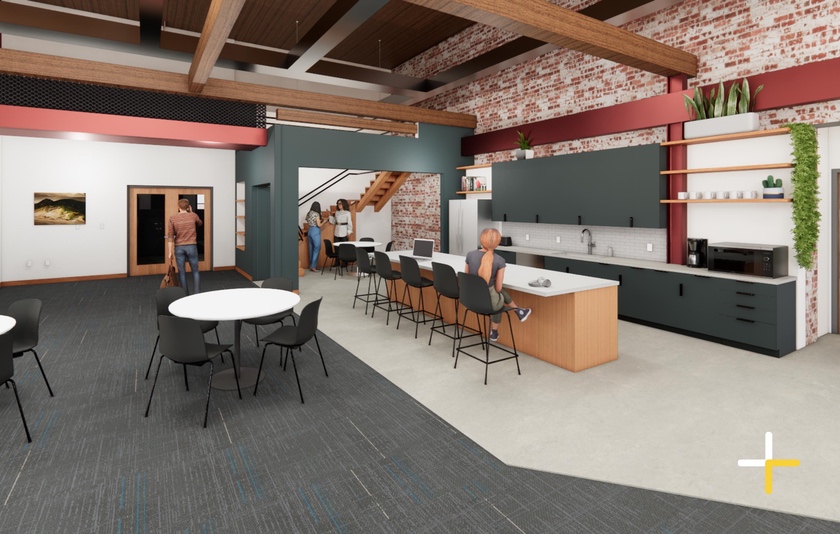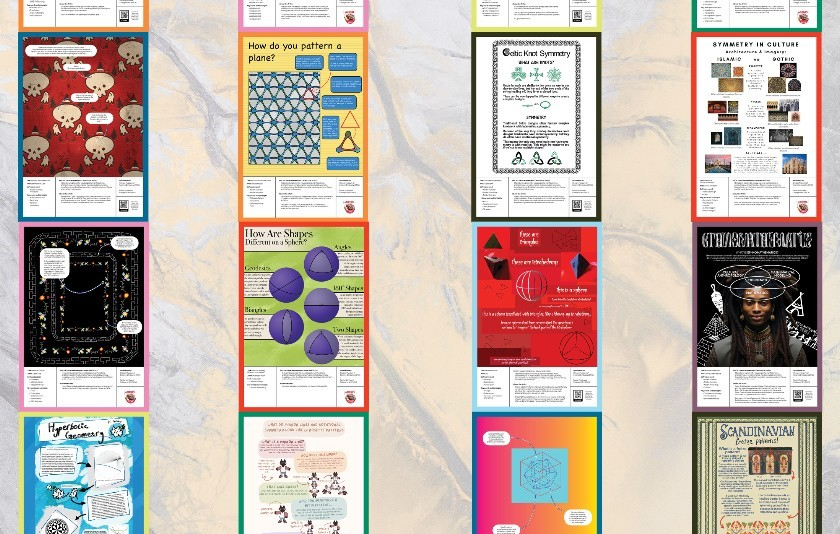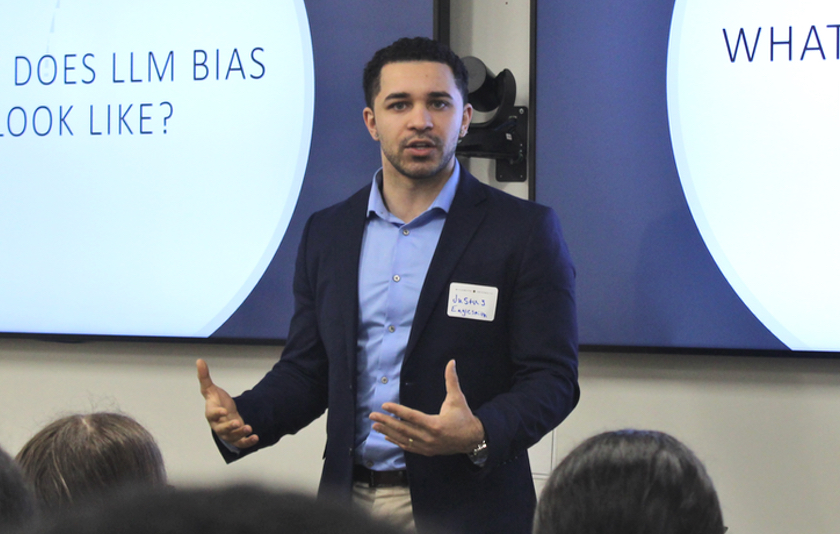Willamette University's "The Conversation Project" seems to have arrived just in time.
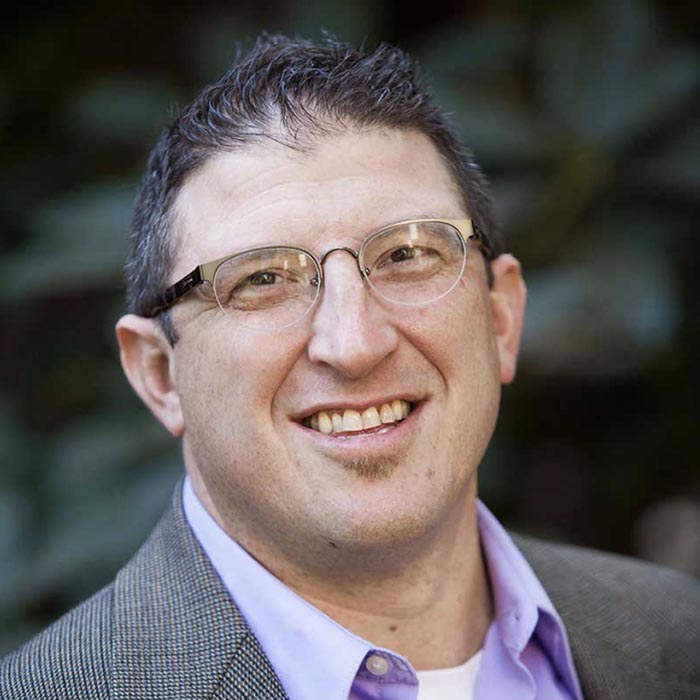
“We know that in the U.S. today, we are having a hard time engaging in conversations with people whom we suspect might have different ideas than we do, that might have different experiences than we do, that might represent different identities than we have,” says Politics, Policy, Law & Ethics (PPLE) Professor David Gutterman, who developed the program with History Professor Wendy Petersen Boring.
“And yet we know in a pluralist democracy, we need to be engaging in those conversations, and we know that the hallmark of the liberal arts education is to engage with ideas that stretch us, that liberate us from our habits of thought and belief,” Gutterman adds.
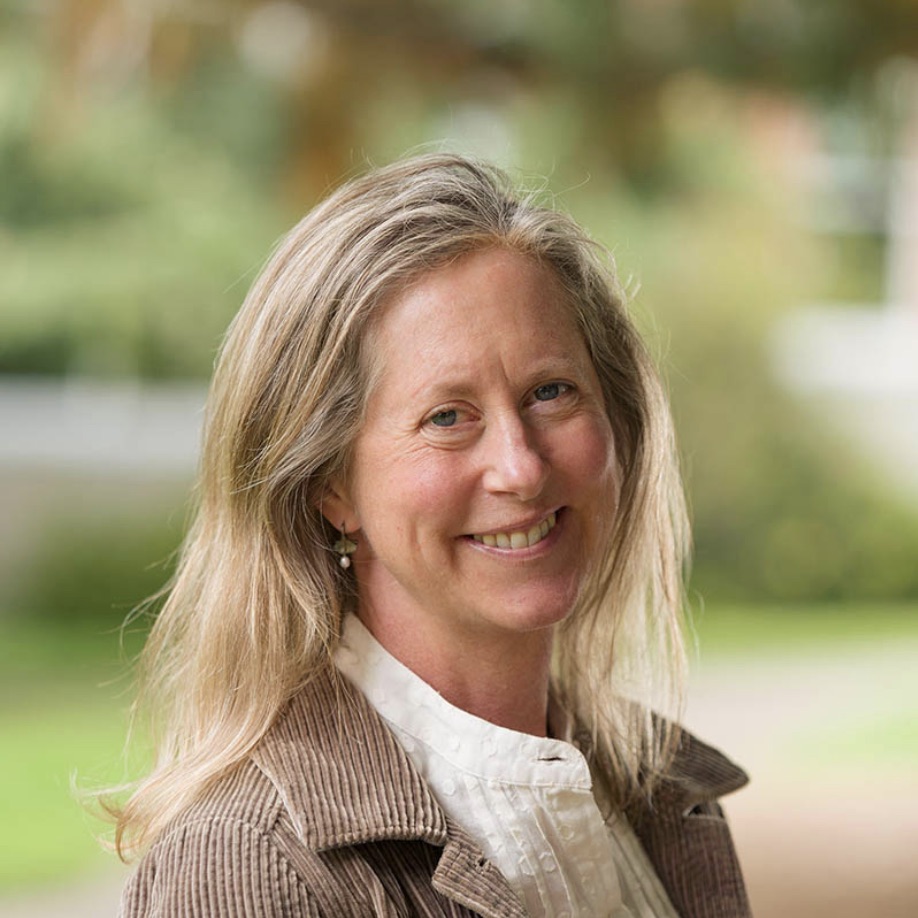
The Conversation Project, a three-tier sequence of courses, prepares students for those necessary conversations, teaching them “how to be recipients of stories, how to be able to look out into the world and see other people as bearers of complex ideas and identity, and how to create the conditions where they can share their own stories as well as connect with others,” Petersen Boring says. The professors hope to offer the courses each year.
Politics major Mira Karthik BA’24 serves as the project’s research and teaching assistant. She believes the skills she’s learning will “extend far beyond the classroom setting and into anything that anyone chooses to do.”
“I've always felt like there was a need for students to understand why people believe what they believe because a lot of politics is based on experiences,” Karthik says.
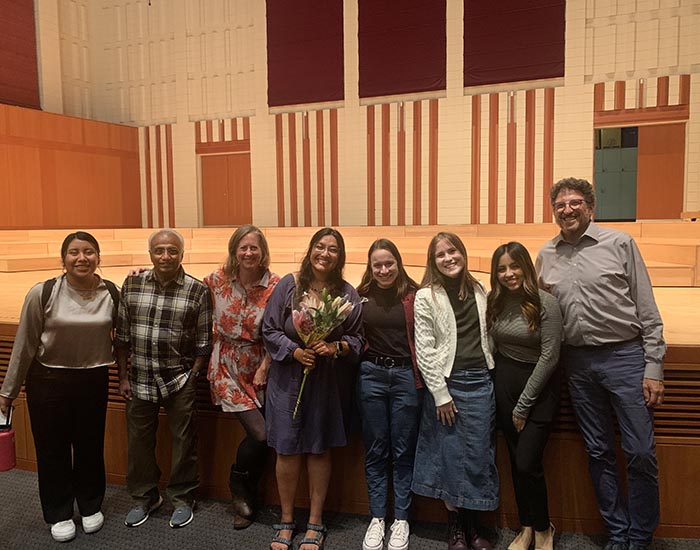
pictured: Joselyn Molina, Sankar Raman, Petersen Boring, Mira Karthik, Sonia Zand, Mary Krouse, Vanessa Hernandez Barron and Gutterman.
Each student will develop a campus program to cultivate communication. For example, one will create a disability listening circle to discuss concerns facing those with disabilities; another will establish conversations between the Jewish student group and the InterVarsity Christian Fellowship. They will also engage with local organizations in an effort to hear one another’s stories.
“What I’ve learned from this entire project,” Karthik notes, “is that the root of everything is storytelling: To be able to deliver a story, to be able to absorb someone else’s story, to ask more questions — can only enhance democracy by bridging differences and building better communities.”
A grant from the Wabash Center supported the initial research for the program. A grant from the Center for Inclusion and Belonging, a project of the American Immigration Council, funds current and near-future programming.

